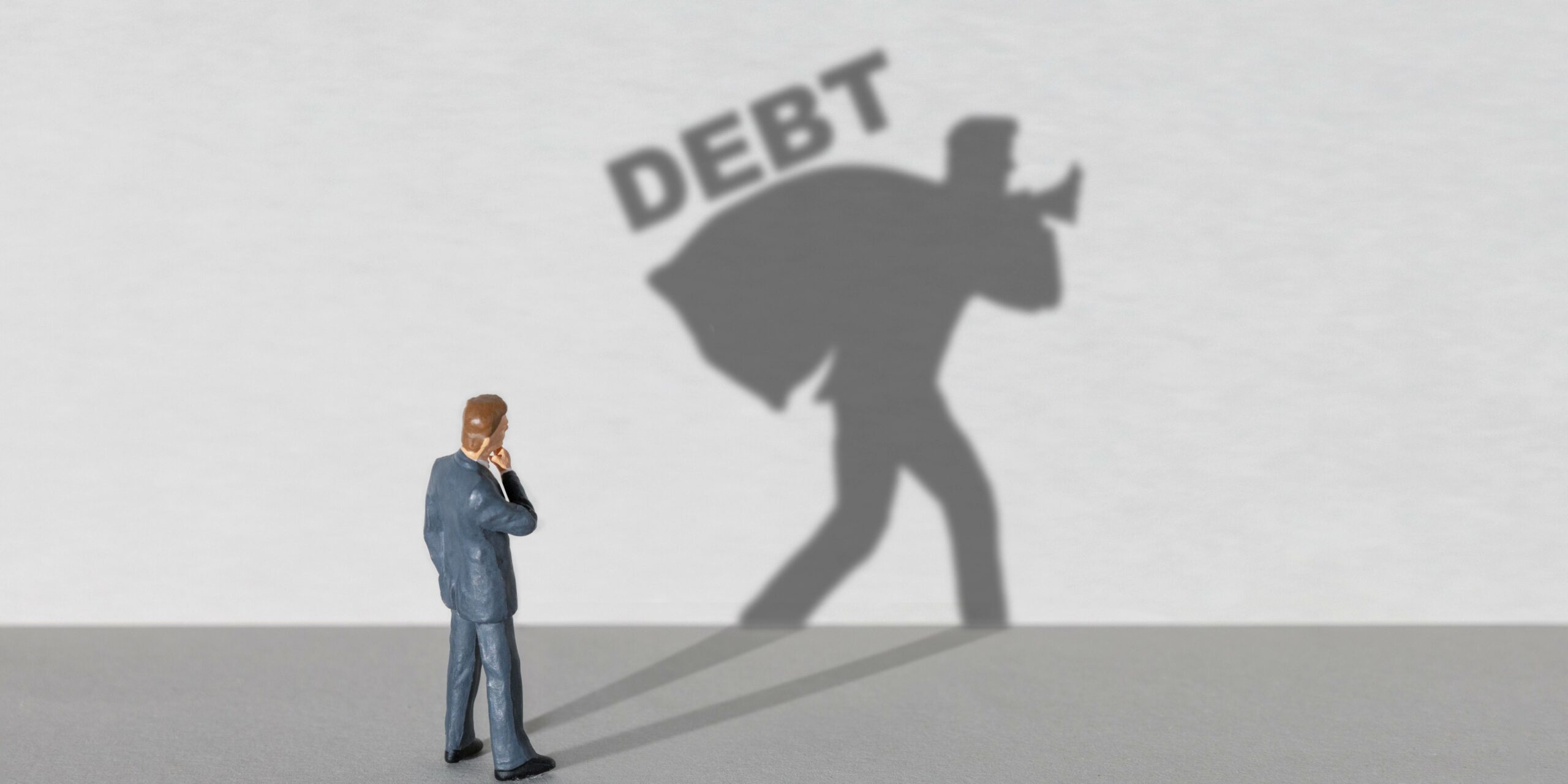When it comes to estate planning, the question on many people’s mind is what happens to my debt after I die?
It depends entirely on your unique situation – the size of your estate, value of assets, and amount of debt.
However, one thing is certain: you can simplify the process and protect your legacy by retaining the services of an experienced Central Florida estate planning attorney.
Notice to Creditors
The personal representative of your estate has many responsibilities, including the payment of estate debts.
If you fail to name an estate administrator in your will, or die without a will, the circuit court in the county in which you reside will appoint an administrator for you.
One of the first tasks of the personal representative is to send notice to creditors of your death.
The notice is posted in the local newspaper and explains that creditors may bring claims against your estate within three months.
If a creditor files a claim against your estate after this time period, your personal representative has the option of filing an objection in court, or paying out the claim.
The personal representative is also responsible for collecting and determining which estate assets should be used to pay creditors.
Under certain circumstances, family members may be responsible for paying debt:
- When a surviving family member is a joint account holder
- If a surviving ex consented to pay a joint credit card as part of a divorce settlement
- If a family member continues to use a decedent’s credit card as an authorized user knowing the debt will remain unpaid.
It is also important to understand that after you die, debts are paid off based on priority.
There are your funeral expenses, and then federal tax debt, which is followed by any medical expenses you had in the 60 days leading up to your death.
Then there is unpaid child support, and business debts incurred after your death. After these debts are dealt with, your personal representative can begin paying off other claims.
Tax Debt
Yet another job of the personal representative is to file your estate’s tax return and settle any remaining tax debts.
Insolvent Estates
If the debt on an estate is higher than its assets, it is insolvent.
This essentially means that the estate is bankrupt and beneficiaries will not receive their inheritance.
Contact a Respected Team of Florida Estate Planning Lawyers
With 40 years of combined legal experience, the Law Offices of Hoyt & Bryan has the knowledge and discipline to handle the most complicated estates.
To discuss your estate planning matter with an experienced lawyer, call (407) 977-8080, or contact us online.




